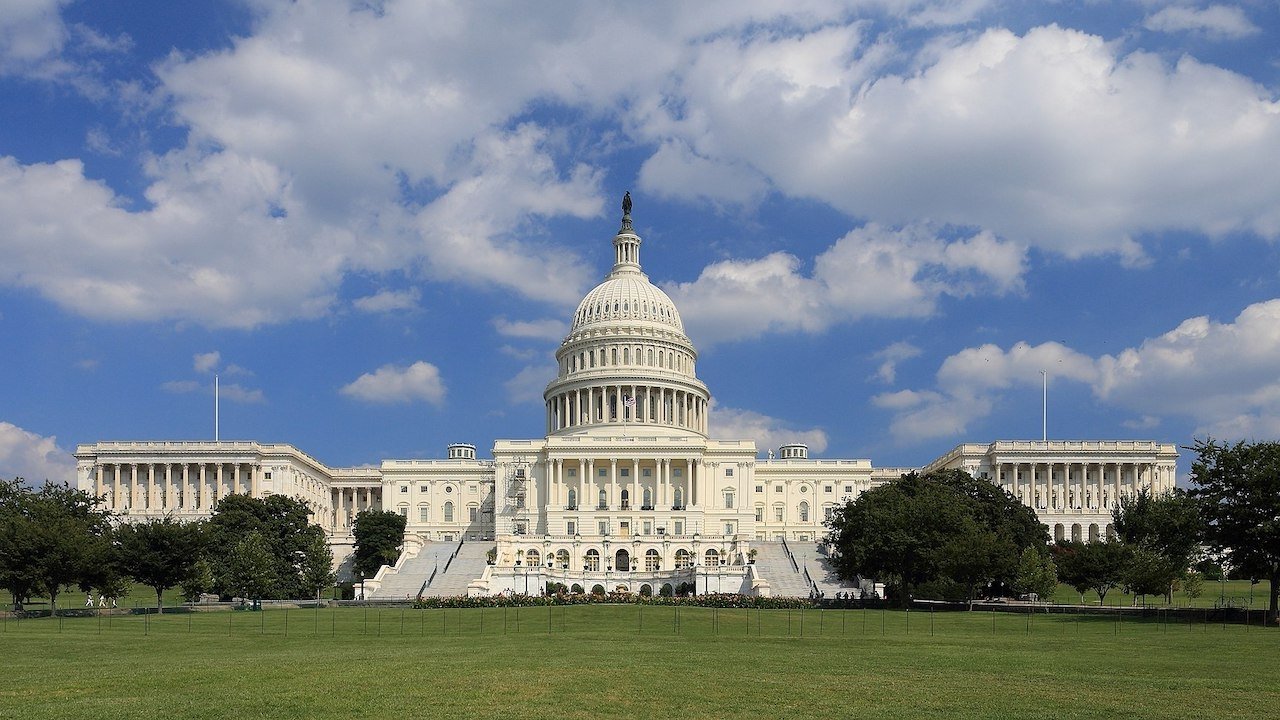Group rebuts claims big tech antitrust efforts would weaken national security
A group of anti-monopoly organizations has penned a letter urging lawmakers to move forward with bills targeting tech giants and rebutting claims that those bills would weaken national security.
The letter was addressed to leaders in the U.S. House of Representatives, which introduced a sweeping set of bills meant to curb the power of Silicon Valley juggernauts earlier in 2021. Tech giants oppose the legislation, but so do some former national security officials who claim that they could threaten Silicon Valley's partnership with the Pentagon.
According to Bloomberg, the letter refutes those claims. More than that, it argues that reliance on just a handful of companies is more dangerous. The letter was signed by the American Economic Liberties Project, Center for Digital Democracy, Demand Progress, Public Citizen, and the Revolving Door Project.
"Big Tech is not here to help national security or the public interest, but to maintain monopoly rents and market power," the letter reads. "It is codified in their corporate structure and law. It is the government's job to protect our national security, not Mark Zuckerberg's."
In the letter, the groups use examples such as Apple's reliance on Chinese supply chains. It also highlights reports that U.S. technology is allegedly being used to aid in Chinese surveillance and censorship efforts.
National security official, US Marines officer, and candidate for US office Lucas Kunce says that market concentration actually hurts the Defense Department's options. Kunce claims that it decreases the number of services and products available for national security.
However, the vast majority of commercial-off-the-shelf (COTS) hardware purchases for the federal government are assembled in China. There are vendors that cannot be purchased through DOD procurement — but there are far more vendors that can be purchased, than cannot.
The new arguments come in response to claims that antitrust legislation would weaken U.S. dominance. Back in September, for example, a technology industry trade group published a paper claiming that the anti-monopoly laws could give an unfair advantage to foreign competitors and snarl U.S. innovation.
The antitrust bills have been advanced by the House Judiciary Committee but have yet to see a vote on the floor. Issues are attributed to current fiscal issues faced by the legislature, and a lack of one clear path forward in the efforts.
 Mike Peterson
Mike Peterson











 Chip Loder
Chip Loder
 Andrew Orr
Andrew Orr
 Marko Zivkovic
Marko Zivkovic
 David Schloss
David Schloss

 Malcolm Owen
Malcolm Owen

 William Gallagher
William Gallagher






